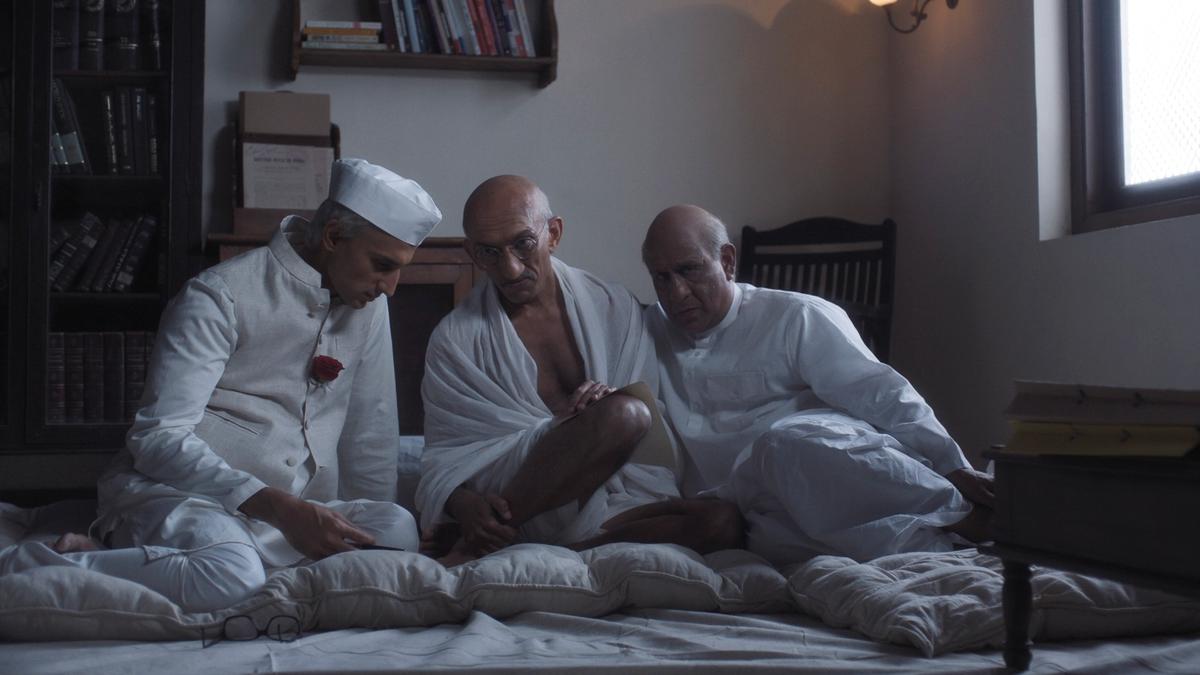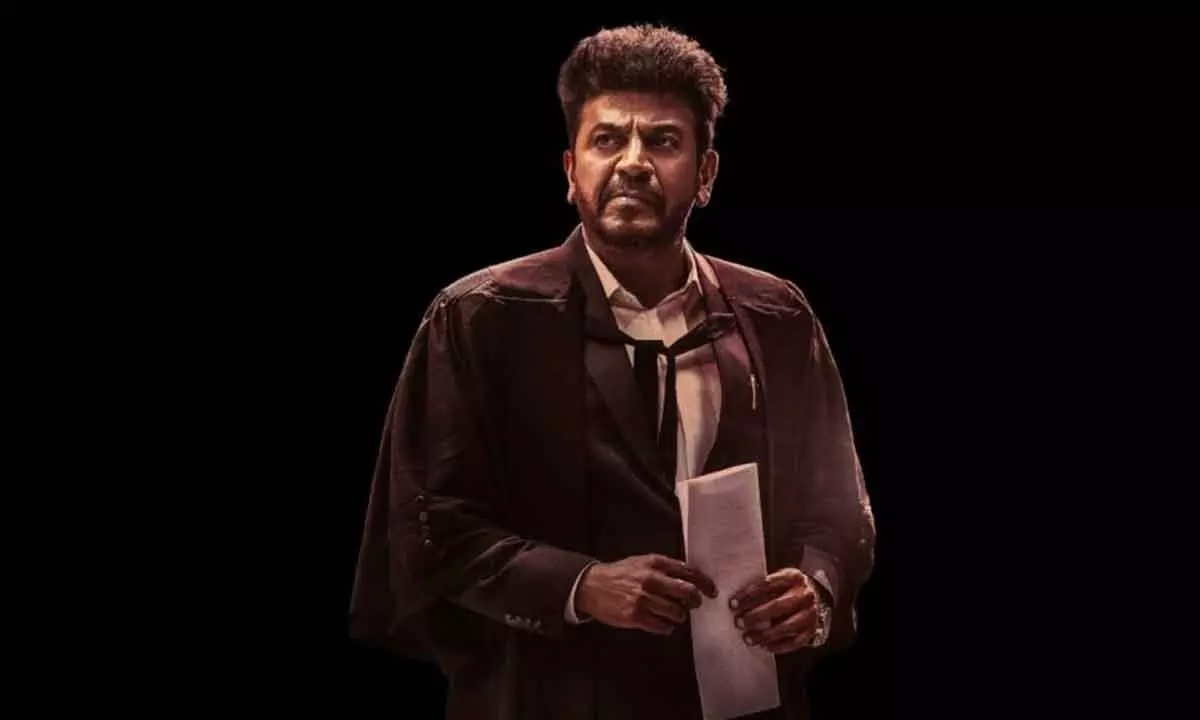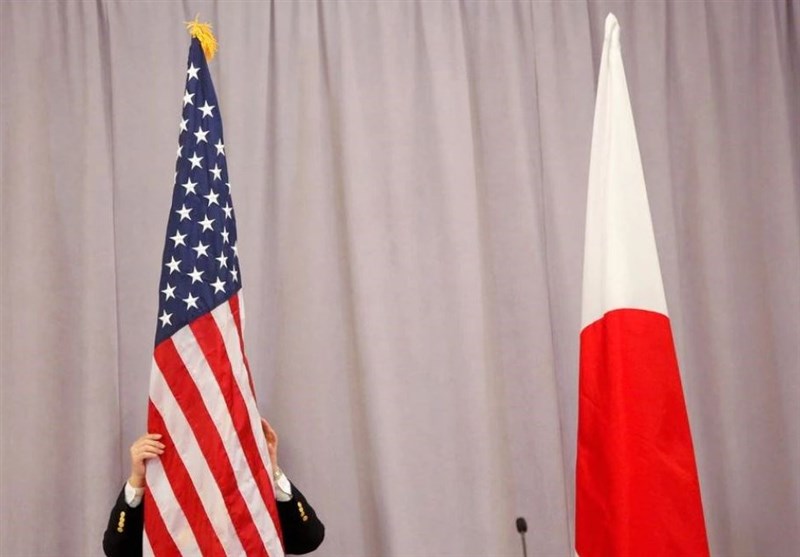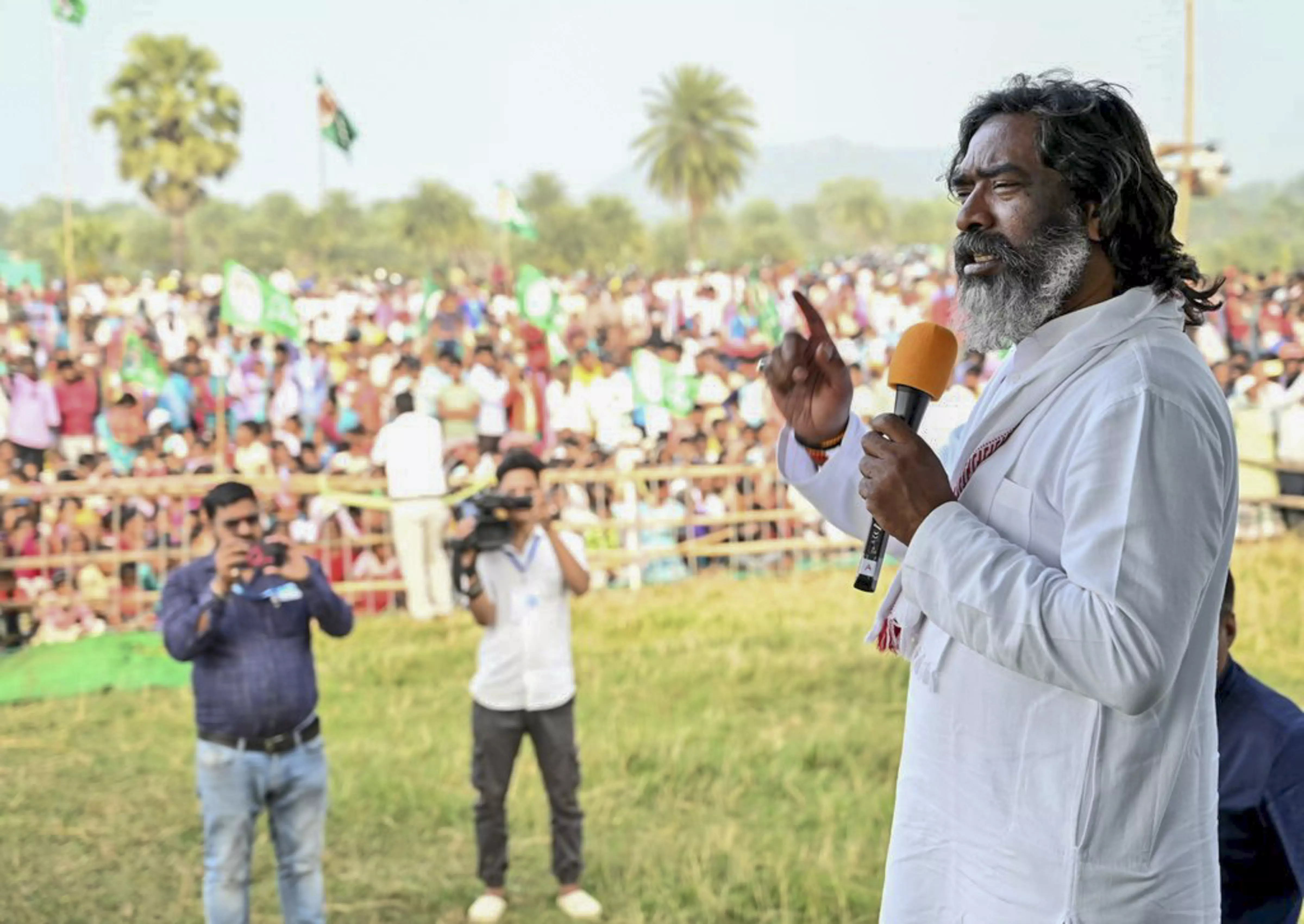Once a purveyor of Bollywood entertainment, director Nikkhil Advani of late is exploring drama surrounding real, epochal events – life-altering situations where the decisions are not made based on right and wrong, but on the pretext of consequences. A slippery ground to navigate, he got it right in Mumbai Diaries set against 26/11 terror attacks in the metropolis and doesn’t disappoint in Freedom At Midnight either. A fairly faithful adaptation of Dominique Lapierre and Larry Collins’ non-fiction book, Advani’s ambitious work presents a layered account of the painful events surrounding India’s Independence whose impact is diminished by a selective gaze and some ordinary casting choices.
Addressing history buffs rather than historians, the canvas is sprawling and the events involve personalities whose decisions — and their outcomes — are still being debated. The series manages to put the nuances of competing interests and moral dilemmas in the transfer of power in the context of human lives and clears some of the dust that settled on painful historical events. It was not just about Hindus and Muslims; Sikhs had their future at stake as well.
It was not just about the religious divide; Bengal was staring at the partition of cultures. What could not be ceded to the Muslim League at the time of Lord Wavell had to be accepted by the Congress at the time of Mountbatten because of changed electoral arithmetic and charged religious rhetoric. As it is not a biographical .


















